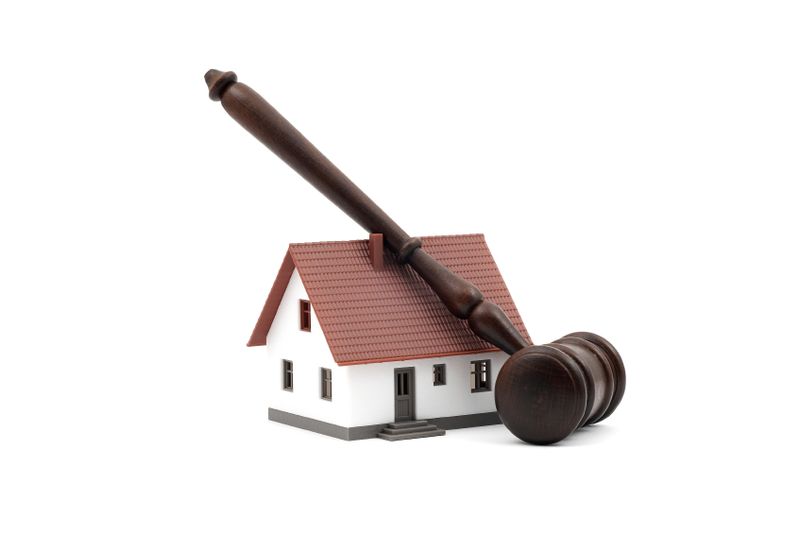Bob Aaron in Legal in Home Buying, Condo Buying
A decision by the Tax Court of Canada last month has muddied the waters about who is — and is not — entitled to the new-home owner’s HST rebate.
In recent years, Canada Revenue Agency (CRA) has been aggressively clawing back HST rebates of $24,000 or more from some buyers who received them on closing.
In those cases, a third party who is not a close relation is registered on title at the insistence of a mortgage lender when the buyers do not qualify for a mortgage based on their own credit.
The rebate will be allowed only if a child, grandchild, brother or sister, spouse or common-law partner is a registered owner, but does not live in the home with the principal owner.
But when a cousin, aunt, uncle, nephew, niece, friend or business associate is registered on title for mortgage purposes, even if they have only a 1 per cent share, none of the buyers can get the rebate.
CRA has always taken the position that all of the buyers must qualify, not just most of them.
That’s what happened in 1999 when Phil Davidson bought a duplex in Calgary from a builder, but the mortgage lender required his friend Carol Waterhouse to go on title. Davidson did not qualify for financing himself.
CRA said Davidson wasn’t entitled to any of the rebate because Waterhouse wasn’t living in the property as her primary residence, and the Tax Court of Canada upheld the clawback.
Relying on this ruling, CRA has routinely re-assessed many buyers of new homes in similar situations, and ordered them to pay back the entire rebate — often as much as $26,000.
All that may change in light of a ruling in February by Justice Joe E. Hershfield of the Tax Court of Canada on almost identical facts.
Sheryl Crooks bought a property in Vaughan from a builder but did not qualify on her own for a mortgage from her Credit Union. Her friend, Donna Richards, agreed to take a 1-per-cent interest in the property so that the mortgage would be approved. She did not live in the house.
On closing, Crooks received a $24,000 credit for the HST rebate, but the CRA later re-assessed her, and ordered her to repay it. Crooks appealed to the Tax Court of Canada.
In a detailed, 4,900-word decision, Justice Hershfield ruled that Crooks was entitled to the rebate.
“There is no possible policy reason,” he ruled, “to come to a different conclusion . . . Adding a person to title to meet the requirements of a mortgagee should not result in the loss of the rebate.”
The result, he noted, is consistent with the objects of the Excise Tax Act, and ensures that the objects of the legislation have been met.
The judge acknowledged that his analysis and findings “diverge” from rulings by other judges in the same court. He added, “I encourage the CRA to review its assessing practices.”
At press time, Alisa Apostle, counsel for the Department of Justice Canada, advised that the government was not going to appeal the decision.
In the meantime, with conflicting court decisions, buyers of new homes who need friends or relatives to go on title for mortgage purposes, are unable to determine whether or not they qualify for the rebate.
The Minister of National Revenue, Diane Lebouthillier, needs to step up to the plate and acknowledge that the Crooks decision is correct, allowing future home buyers to plan their lives and finances accordingly.
As well, all prior purchasers who have been improperly and unfairly assessed should receive a refund.
Bob Aaron is Toronto real estate lawyer. His Title Page column appears on this blog, Move Smartly, and in The Toronto Star. You can follow Bob on Twitter @bobaaron2 and at his website aaron.ca Email Bob




